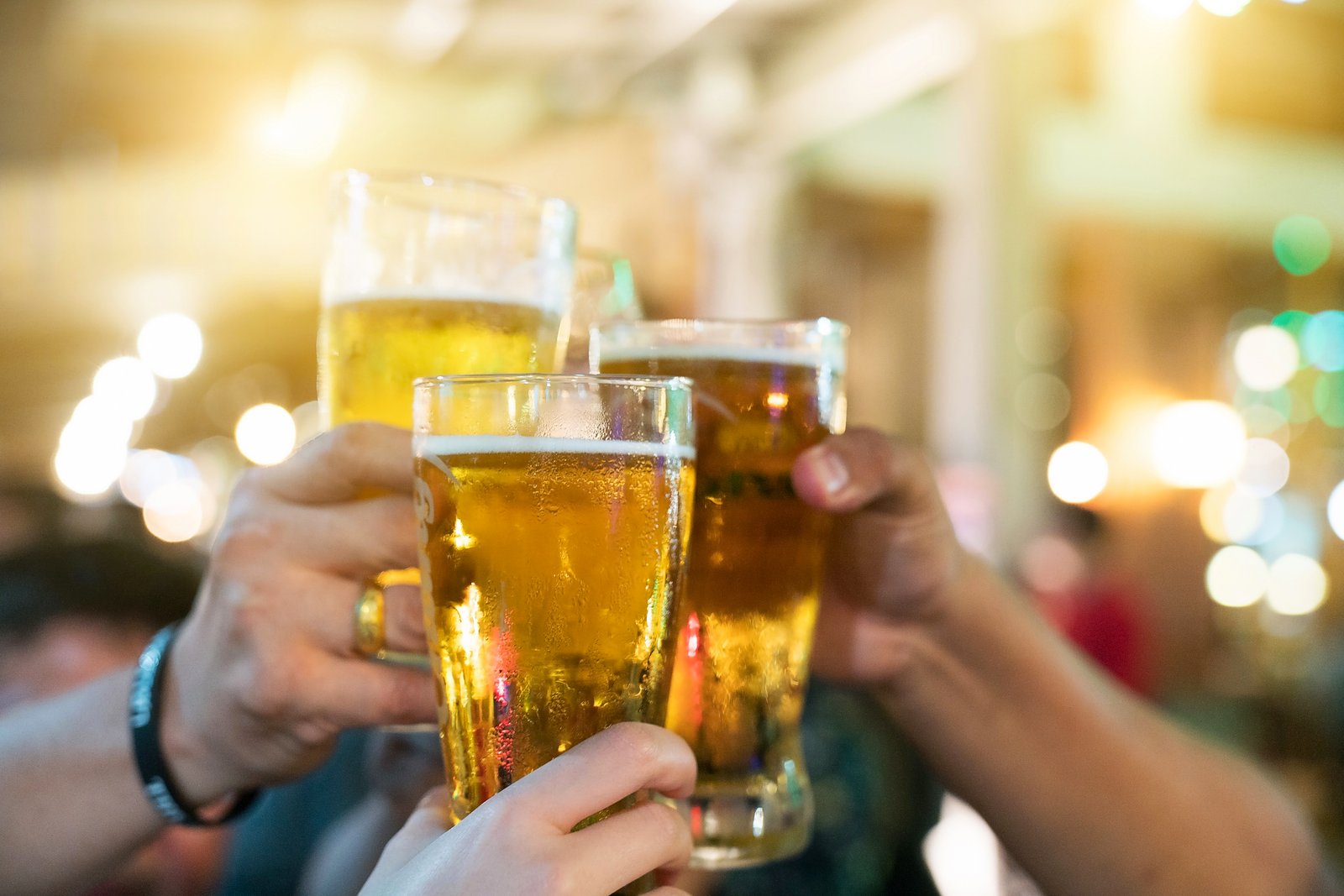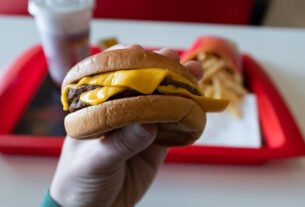Legal loopholes and new technologies are used to aggressively market beer brands, despite explicit bans. Authorities rarely intervene, says a new report.
Alcohol advertising in Poland is subject to stringent regulations which limit how alcoholic beverages can be promoted. While there is some allowance for advertising beer, these promotions must adhere to very strict conditions designed to prevent targeting vulnerable groups and avoid associating drinking with positive traits or activities.
However, according to the Consumer Forum’s latest report, “Nabici w butelkę – państwo bezradne wobec nielegalnej reklamy piwa” (“Taken for a Ride – The State Helpless Against Illegal Beer Advertising”), producers have found work-arounds to advertise beer.
“By law, beer ads must not target minors or link alcohol consumption with physical activity, driving, sexual attractiveness, relaxation, work, or success,” reminds Dr. Tomasz Sińczak, president of the Consumer Forum. “Yet these prohibitions are routinely broken, and enforcement agencies impose almost no sanctions.”
Lack of supervision
Sanctions for illegal alcohol advertising in Poland can be severe, ranging from fines €2,000 to €110,000 and may include the revocation of licenses to sell alcohol.
Despite these strict penalties, enforcement remains weak. In 2024, only 32 notifications regarding possible illegal alcohol promotion were submitted to prosecutorial units. Of these, 11 investigations were discontinued, four were refused initiation, and 17 cases remained open. Crucially, none of these cases resulted in formal charges or convictions.
Similarly, complaints filed by public institutions such as the National Anti-Addiction Centre and the Office of Competition and Consumer Protection also largely failed to yield outcomes; many were dismissed or did not lead to prosecutions.
This reflects a broader pattern of ineffective law enforcement despite clear legal provisions against illegal alcohol advertising.
As the report’s authors note, the few proceedings that were launched generally concerned illegal promotion or the display of marketing materials at points of sale, meaning actions taken by shops and retail chains.
During the period under review, there was not a single case involving television advertising or large-format outdoor ads, the kind for which beer producers are directly responsible.
These formats, however, are precisely the ones that reach the widest audiences, including minors. The report demonstrates that almost 88% of respondents surveyed by the National Media Institute reported watching linear television within 30 days prior to the survey date.
Marketing tactics also include promotions and “surrogate advertising” via non-alcoholic beers styled like their alcoholic counterparts. The report observes that sales of non-alcoholic beer in Poland have surged tenfold over ten years, reaching a market value of around €370 million and a 7.5% share of the beer market in 2024. Younger adults (18–29) are the main consumers, with experts warning that this normalises drinking rituals before the legal age and builds early brand loyalty.
Heavy–drinking nation
Poland remains a heavy-drinking nation, with average per capita alcohol consumption of 11 litres of pure alcohol annually, above the EU average of 9.8 litres.
An estimated 900,000 people are addicted, and 2.5 million drink at risky levels. Alcohol-related deaths exceed 30,000 yearly, placing Poland second in the EU for alcohol-related mortality.
Sick leave due to alcohol misuse increased 12.3% in the first half of 2025 compared to the previous year.
Rising alcohol consumption in Poland brings not only serious health and social consequences but also tangible impacts on the labour market and the social security system.
In the first half of 2025, doctors in Poland issued nearly 5,000 sick notes coded “C”, indicating incapacity for work due to alcohol abuse. This represents a 12.3% increase compared to the same period in the previous year.
Stronger measures
The data clearly indicates the urgent need for further restrictions on alcohol advertising in Poland. In response, the Consumer Forum calls for a full ban on public advertising and promotion of all alcoholic beverages, including 0.0% non-alcoholic drinks.
It urges clearer rules covering promotions such as lotteries and freebies, alongside stronger controls over social media and point-of-sale advertisements.
To address these issues, new alcohol advertising restrictions could come into force in 2026 under a proposed amendment to the sobriety promotion law. This amendment envisions a total ban on beer promotion, including discounts, freebies, and loyalty programs, while allowing alcohol sales only in liquid form and in glass or metal containers.
Penalties for illegal advertising would increase substantially, reaching up to €165,000 and potentially including imprisonment. However, the draft legislation does not propose a ban on online alcohol sales.
Edited by (VA, BM).





